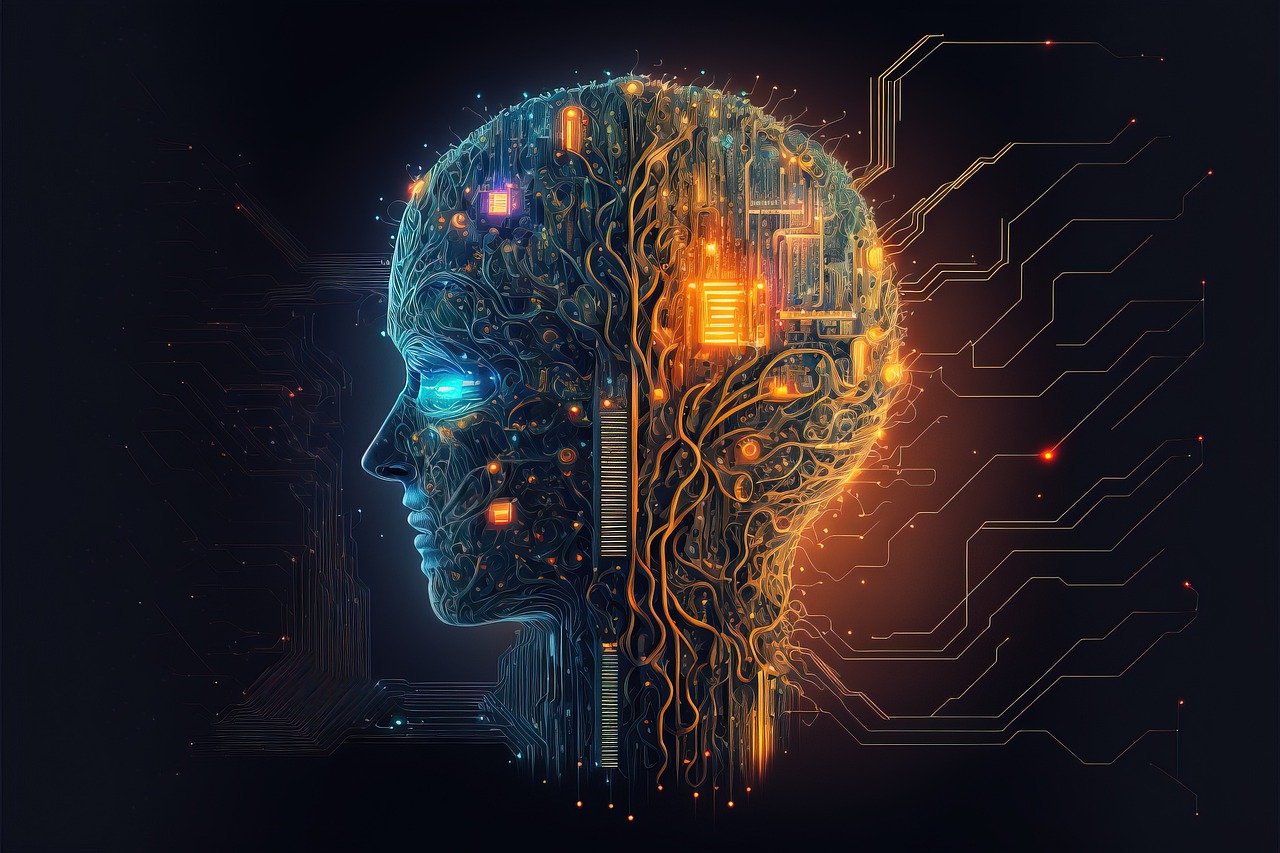
At last month’s CIPD Festival of Work two very contrasting narratives dominated conversations on the festival floor: the first centered on the seemingly unstoppable rise of artificial intelligence and the impact it’s having on the HR industry, the other focused on the very real need for more human-to-human connection in our tech-dominated world.
It can feel like Humans are becoming obsolete
The tension here is pretty obvious. As many parts of our daily working lives are changed by new technologies and tools which embrace machine learning and generative AI to improve productivity and efficiency, it can often feel that real people are becoming less necessary to the way organizations function.
But as the thousands of interactions between the 10,000 attendees at ExCel London in June proved, we humans are hardwired to seek each other out and share our views and experiences with each other.
So while delegates were keen to learn about the latest AI innovations that could improve organizational productivity and efficiency, they were even keener to discuss what they’d learned with other people at the Festival.
That’s because human connection is absolutely fundamental to our psychological and emotional wellbeing. While AI can provide us with endless information and can streamline processes, it lacks genuine depth of connection. Empathy, compassion, and emotional support are inherently human traits that AI can’t replicate.
We develop those skills, which are essential for personal growth and mental health, through our interactions with other people. Loneliness and isolation, which Gallup’s latest State of the Global Workforce identifies as affecting 20% of workers globally, can have severe consequences for individuals and organizations. We need other people, and we want to learn and grow together.
Established learning wisdom dictates only 10% of effective learning comes from formal interventions, such as training, while the majority of what we need to know to be great at our jobs comes from organic, in-the-flow-of-work experiences and human interactions. Yet most GenAI learning solutions seek either to disrupt formal learning or remove human touch points entirely, for example by delivering self-led microlearning content or by creating AI-powered ‘coach-bots’.
While this approach can deliver a greater volume of learning interventions, the reality is most people will learn more effectively by collaborating with other people rather than conversing with ChatGPT. Discussion and debate ensure learning is locked in; completing hours of micro-learning might tick a box but it’s unlikely that knowledge acquired in this way will stick.
So the focus should be on deploying technology to widen access to the valuable social learning opportunities that harness our innate need to connect and share knowledge with others. And AI can amplify that human connection, and help power the transformative interactions that help people make progress in their careers. But to do that, humans need to remain at the center of the social learning experience.
At Voco, we do just that. We take the intangible but extremely valuable outcomes of serendipitous conversations about work and career growth, and we utilize intelligent technology to make them more accessible, repeatable and scalable for everyone.
Every day on our platform, we see people connecting for structured, one-to-one conversations that help overcome challenges, build confidence, provide support, share learnings and be more effective at work. We know, from our own data, that 94% of these conversations provide a tangible boost to people’s career clarity and satisfaction.
AI enables those connections to happen and helps ensure that people speak to the right people at the right time, but it’s the human-to-human nature of the conversations that locks in the learnings and helps people make sense of themselves in the context of work. The real processing power comes from people, not robots.
That people power was underlined by the headline stars at the Festival of Work too, with Stacey Dooley talking about how her whole career has hinged on her natural curiosity and ability to have a good chat with people, and Channel 4’s Alex Mahon focusing on the importance of open conversations and fresh perspectives in building trust in leadership. And stand-to-stand, stage-to-stage, the buzz of engaged and excited conversation was palpable.
Of course, AI can help us do some things better. It can take away admin pain, save us time, and personalize, aggregate and analyze information at a huge scale, but it can’t replace our desire to connect with others or replicate what makes us uniquely us.
And when it comes to personal growth and development, it’s those unique, human perspectives and needs for social interaction that help people progress and realize their full potential.
Author bio
Katie Thompson is Co-founder of Voco, an AI-enabled platform harnessing the power of human conversation to transform careers and help people be better, and happier, at work. Prior to founding Voco, she led communications teams at high-profile organizations including Coca-Cola, the Guardian, and OVO Energy.
